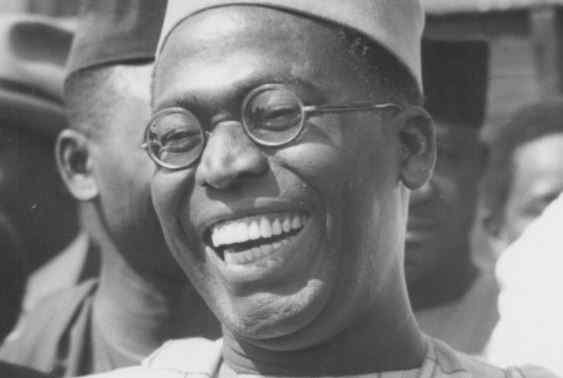Do you know who helped Nigeria gain independence? The freedom fighters were the heroes who fought for Nigeria’s independence.
In this guide, you’ll learn about the journey of Nigeria to Independency, and some of the key figures who were Instrumental.
READ ALSO: Who Built ASO Rock (History Of ASO Rock)
A History Of Freedom Fighters In Nigeria
The history of freedom fighters in Nigeria is a story of courage and struggle against colonial rule and for self-determination.
This story starts in the late 19th century when Nigeria was being taken over by the British Empire. The arrival of colonial rule disrupted traditional ways of governance and economic systems, which created dissatisfaction among the different ethnic groups in Nigeria.
It all began against colonial rule In the early 20th century when educated Nigerians started speaking out against the British. They formed nationalist groups to fight for their rights and push for change.
One of the first major groups was the Nigerian Youth Movement, which was created in 1934. This movement was to bring together educated Nigerians to fight for political rights, better education, and social justice.
By the 1940s, Nigeria saw the rise of more organized political parties. The National Council of Nigeria and the Cameroons (NCNC) was one such party, founded by leading nationalists.
This party played a big part in pushing for independence. Its leaders worked hard to gather support against colonial policies and to demand more control for Nigerians over their own affairs.
After World War II, nationalist feelings grew stronger in Nigeria and across Africa. The war had weakened European powers and led many colonized peoples to seek independence.
In Nigeria, this led to increased political activity and the formation of other new parties. The Northern People’s Congress (NPC) and the Action Group (AG) became important alongside the NCNC.
During the 1950s, Nigeria saw constitutional changes that allowed more political participation. The Macpherson Constitution of 1954 gave Nigerians some control over their own government through elected representatives in regional assemblies.
Although this period had its share of regional conflicts and ethnic rivalries, it also strengthened the push for independence. On October 1, 1960, Nigeria achieved independence from British rule.
This was not just the result of talks between Nigerian leaders and the colonial authorities; it was the outcome of many years of struggle and sacrifice by countless individuals who fought for Nigeria’s freedom.
Even after gaining independence, Nigeria faced many challenges. The country struggled with issues related to governance, ethnic tensions, and economic inequalities.
However, the federal system set up at independence often worsened regional conflicts, leading to political instability. In the early years after independence, different ethnic groups fought for power.
These actions led to coups and political unrest. And, the military took control of the government several times. One of the most tragic events was the Biafran War, which lasted from 1967 to 1970.
This civil war was caused by ethnic conflicts and economic problems, which resulted in human suffering and revealed deep divisions within Nigerian society.
Many freedom fighters during this time were those who tried to protect their communities from violence and suffering. After the Biafran War, activism did not stop. New groups emerged to fight against military rule and promote democracy.
The late 20th century saw a rise in civil society organizations, labor unions, and student movements that were opposing authoritarian governments.
Prominent leaders and activists emerged who championed human rights and democracy. Their efforts eventually led to a return to civilian rule in 1999, ending years of military dictatorship. This change was supported by a general desire for democracy, accountability, and respect for human rights.
READ ALSO: How To Address The President Of Nigeria In A Letter
Six Key Figures In The Struggle For Independence
Obafemi Awolowo
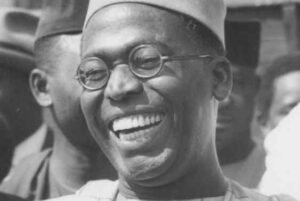
Obafemi Awolowo was a major leader in Nigeria’s fight for independence. Born on March 6, 1909, in Ogun State, he was a strong advocate for federalism and social justice.
In the 1940s, Awolowo rose as a leading nationalist and founded the Action Group (AG) party in 1951. His party played a big part in pushing for Nigeria’s self-governance.
Awolowo believed that a federal system would best manage Nigeria’s many ethnic groups. He wrote a book called Path to Nigerian Freedom in 1947, where he shared his ideas about governance. In this book, he emphasizes the need for education and economic progress.
As the Premier of the Western Region from 1954 to 1960, he introduced major policies like free primary education and healthcare, which greatly improved literacy and public health. He also contributed to infrastructure development, including Nigeria’s first television station.
Nnamdi Azikiwe
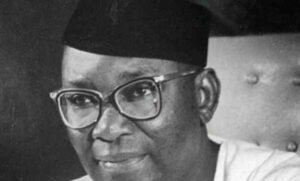
Nnamdi Azikiwe, born on November 16, 1904, in Zungeru, is another key figure in Nigeria’s independence movement.
Often called “Zik of Africa,” Azikiwe was a passionate nationalist and educator. He studied in Nigeria and the United States, where he developed a strong sense of nationalism.
Azikiwe was a leading journalist and politician, co-founding the National Council of Nigeria and the Cameroons (NCNC) to push for self-governance.
His speeches and writings motivated many Nigerians to join the fight against colonial rule. Azikiwe was also committed to education and set up schools to promote literacy.
After Nigeria gained independence on October 1, 1960, he became the country’s first Governor-General and later its first President when Nigeria became a republic in 1963.
Herbert Macaulay
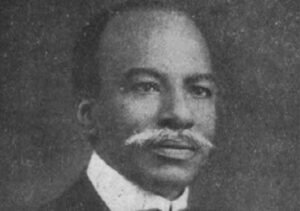
Herbert Macaulay, born on November 14, 1864, is often called the father of Nigerian nationalism. He was an educated engineer and politician who fought against colonial policies that oppressed Nigerians.
In 1923, he established the Nigerian National Democratic Party (NNDP), Nigeria’s first political party, which aimed to represent Nigerian interests within the colonial system.
Macaulay was known for his strong criticism of colonial injustices and worked to rally public opinion against British rule. His leadership in the NNDP was instrumental in the fight for greater Nigerian representation in government. Macaulay also promoted education and civil rights.
READ ALSO: List Of All Departments In EFCC In Nigeria
Margaret Ekpo
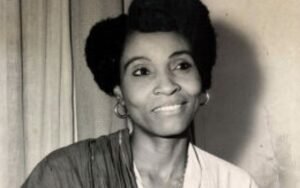
Margaret Ekpo, born on December 27, 1914, was a powerful advocate for women’s rights and social justice in Nigeria’s independence movement.
She joined politics in the late 1940s after her husband prevented him from attending meetings. Ekpo joined the NCNC and became a leading figure in the party.
She organized grassroots movements to mobilize women across Nigeria, fighting for their political representation and addressing community issues.
Ekpo led protests against colonial policies that oppressed women and strived to empower women through organizations like the Aba Township Women’s Association. Her efforts play an integral part in highlighting women’s roles in Nigeria’s political space.
Abubakar Tafawa Balewa
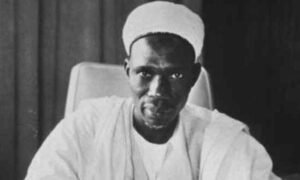
Abubakar Tafawa Balewa, born on December 15, 1912, was a key figure in Nigeria’s independence movement and its first Prime Minister after independence on October 1, 1960.
Studied at London University, Balewa was involved in nationalist activities upon returning to Nigeria. He was a founding member of the Northern People’s Congress (NPC) and played a part in negotiating with colonial authorities.
During his time as the Prime Minister, Balewa promoted national unity amid ethnic tensions and regional disparities.
He focused on building infrastructure and improving education. His leadership ended tragically when he was assassinated during a military coup in January 1966.

